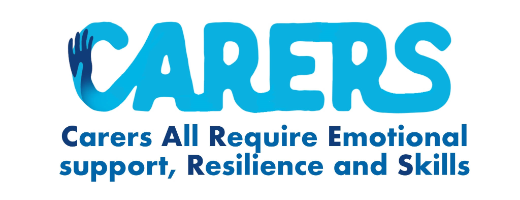
The CARERS Trial
Now Looking for New NHS Study Sites
We are now in the process of preparing a protocol for a full RCT and so are inviting expressions of interest from clinicians and Mental Health Trusts to participate in the full trial commencing in January 2027. We are looking for Trusts that already provide carer support and, also those that may not provide any. We have demonstrated that the intervention can be accommodated in both.
Both Adult and Child Services are eligible, since we are widening the inclusion criteria to service users, aged 16+
This is an exciting opportunity to pioneer this approach in the UK and make a real difference to people’s lives.
Carer Voice: This course is a life-saver – it has been transformational, I now have real skills to handle crises situation and actively support my son
Service User Voice: And I feel understood, my family have my back. They now get me and know the support I need. It is such a relief, I feel I have a future.
For more information, contact the research team: carers-trial-project@york.ac.uk.
Additional Information for prospective research participants (unpaid carers and service users) in 2027
If eligible, both a service user and their carer(s) can be recruited onto the trial together.
The carer(s) will be selected to take the online course: either during the year of the trial, or, later, at the end of the trial; and they will be asked to complete questionnaires at 3 different time points over the year. The service user will just be asked to complete questionnaires at the 3 different time points during the trial. There is no additional intervention for the service user. Some carers and service users will also have the option of giving their thoughts about the intervention and trial, in an online interview.
The online course runs for 12 weeks. The questionnaires take about 40 minutes to complete online, at each time point.
The carers course was designed by clinicians and carers, and focuses on practical information to understand what is often an overwhelming situation for all concerned; how to change the way that difficult emotions are communicated; and to manage crisis situations more effectively. The aim is for carers to gain a better understanding of their loved-ones' experience and behaviours and to develop skills to improve their own wellbeing and relationships, in a supportive peer environment.
Both carers and service users who take part in the trial will receive a £20 voucher for each set of questionnaires completed, totalling £60 for all 3 sets of questionnaires, as our way to thank you for your time and participation in this important study.
For more information, contact the Research Trial Manager: elizabeth.mair@york.ac.uk.

